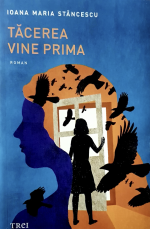View all filters
Clear
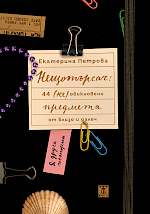
Píditel: 44 (ne)obyčejných věcí z blízka i z daleka
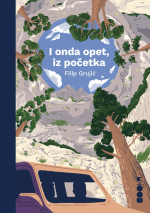
И тогава пак отначало
Vračajoč se domov
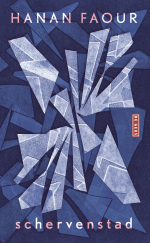
Město ze střepů
Doma
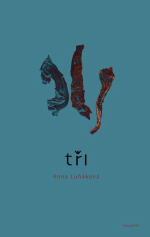
Trzy!
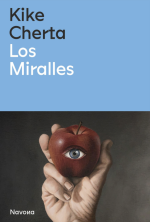
Міральєси
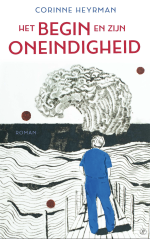
Началото и неговата безкрайност

Strážných
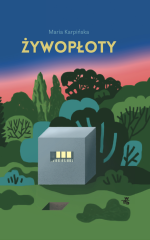
Los setos
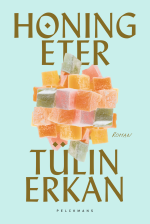
ARRIVALS / GELIȘ (Mâncătorul de miere)
De panda's van Ueno
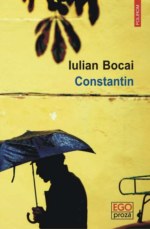
Constantin. Un ritratto

Семейство Миралес
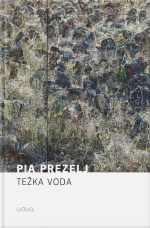
Teška voda
Eu nu mai locuiesc în casă, dar casa încă mai locuiește în mine

I onda opet, iz početka
Centralni lik novog romana Filipa Grujića je pravi „junak našeg doba“, mladić na prelasku iz dvadesetih (kada se sve prašta i ništa nije konačno) u tridesete (kada sve postaje obavezujuće i ozbiljno), upravo izašao iz duge veze s nejasnom idejom šta želi od života.
Njegova svakodnevica rastrzana između porodice (razvedeni otac i majka, njihovi novi partneri i vremešni, ali vrlo živopisni roditelji), prijatelja, devojaka i obaveza, komične epizode, snažan autoironijski ton i bolno iskrena promišljanja o tome šta uopšte znači biti srećan u trećoj deceniji XXI veka, sve su to delovi kompleksne ali majstorski složene literarne slagalice koju bez preterivanja možemo nazvati prvim pravim, ozbiljnim milenijalskim romanom u srpskoj književnosti.
Filip Grujić posle dva zapažena romana kojima je nagovestio veliki književni talenat ovim delom sazreva u jednog od najboljih pripovedača koje naša književnost ima, prestaje da bude samo njena svetla budućnost i postaje važna i nezaobilazna sadašnjost.
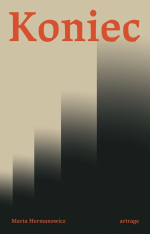
Konec

Mirallesovi
